Benjamin Britten: A Life in the Twentieth Century
By: Paul Kildea
-
Rs 845.75
- Rs 995.00
- 15%
You save Rs 149.25.
Due to constant currency fluctuation, prices are subject to change with or without notice.
| Book | |
| What's in the Box? | 1 x Benjamin Britten: A Life in the Twentieth Century |
Benjamin Britten: A Life in the Twentieth Century
By: Paul Kildea
Rs 845.75 Rs 995.00 Ex Tax :Rs 845.75
Zubin Mehta: A Musical Journey (An Authorized Biography)
By: VOID - Bakhtiar K. Dadabhoy
Rs 892.50 Rs 1,050.00 Ex Tax :Rs 892.50
Myths Illusions and Peace: Finding a New Direction for America in the Middle East
By: Dennis Ross
Rs 766.50 Rs 1,095.00 Ex Tax :Rs 766.50
The Origins of Political Order From Prehuman Times to the French RevolutioN
By: Francis Fukuyama
Rs 4,045.50 Rs 4,495.00 Ex Tax :Rs 4,045.50
No similar books from this author available at the moment.
No recently viewed books available at the moment.
Zubin Mehta: A Musical Journey (An Authorized Biography)
By: VOID - Bakhtiar K. Dadabhoy
Rs 892.50 Rs 1,050.00 Ex Tax :Rs 892.50
Benjamin Britten: A Life in the Twentieth Century
By: Paul Kildea
Rs 845.75 Rs 995.00 Ex Tax :Rs 845.75












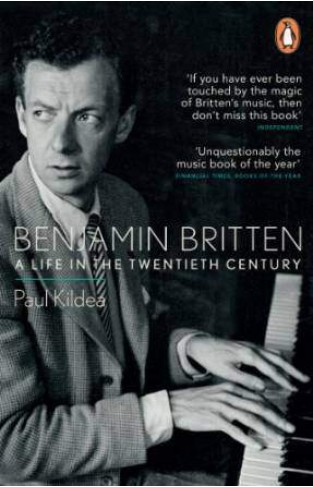
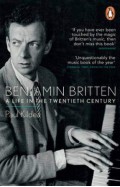
-120x187.jpg?q6)





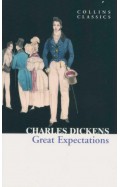



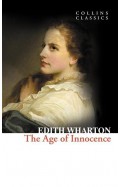
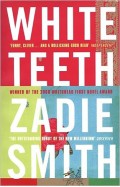


-120x187.jpg?q6)